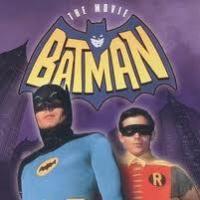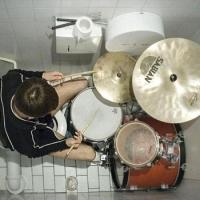 Untitled
Untitled
Feb 11th 2012 | from the print edition [via Economist]
*
*BRITAIN is known for its lager louts and beer bellies. But after two decades of drinking strong, continental-style lagers, their beer is weakening. Several brewers have launched new lower-alcohol lines in the past five years, including a new range of 2.8% brews. Even flagship brands are getting weaker.
Carlsberg Export, Stella Artois, Budweiser, Beck’s and Cobra are all cutting their alcohol content from 5% to 4.8% in Britain. The shift is small—brewers hope consumers will not notice—but it will save money at a time when ingredients are pricey. Duty on beer, which is paid by producers, accounts for a large part of its cost. Of a typical £3 ($4.75) pub pint, around £1 is tax, far higher than elsewhere in Europe. Unlike wine and cider, beer is taxed on a sliding scale according to its strength. For big brands, a small adjustment can make a big difference, notes Neil Williams of the British Beer & Pub Association, a trade body.
In this section
* Pulled hither and thither
* Just more of the same?
* »Brewers’ droop
* A legal bombshell
* Natural selection
* Keep calm and carry on
* The Midlandstand
* The death of meritocracy
Reprints
Related topics
* Europe
* United Kingdom
It is smart to get drinkers used to weak tipples, since the government seems determined to raise the cost of getting drunk. To lure punters some supermarkets and booze stores currently sell alcohol at a loss, but from April 6th they must charge at least the duty and sales tax due on a drink. The Scottish Parliament is considering a bill to introduce minimum pricing per unit of alcohol; David Cameron, the prime minister, is keen on this idea. And duty is likely to rise again in the March budget.
Beer of less than 2.8% alcohol by volume made up less than 1% of drink sales in 2010, but retailers clearly think it is a promising niche: since January Tesco has stocked 11 types. Such brews are much cheaper—a tax tweak cut duty on very weak varieties from October 2011.
These changes, it is hoped, will improve people’s health and the economy: alcohol-related visits costs the National Health Service more than £3 billion a year in England. But the exchequer will lose out on the extra duty. And a small shift in strength will do little to cut Britain’s binge-drinking habit, which is often fuelled by wine and spirits.
The question is whether diluting pints will also dilute their appeal. Brewers in Britain are already shedding customers. Although beer is still the nation’s favourite tipple, its market share has shrunk from 76% of all alcohol drunk in 1956 to 37% now, according to the Institute of Alcohol Studies, a think-tank. For much of that time overall alcohol consumption per head was increasing. But that trend reversed in 2004.
Microbreweries and other small beermakers are already gaining ground on big brands. Pete Brown, a beer writer, reckons that by skimping on alcohol mainstream beers are becoming “progressively more bland”.






